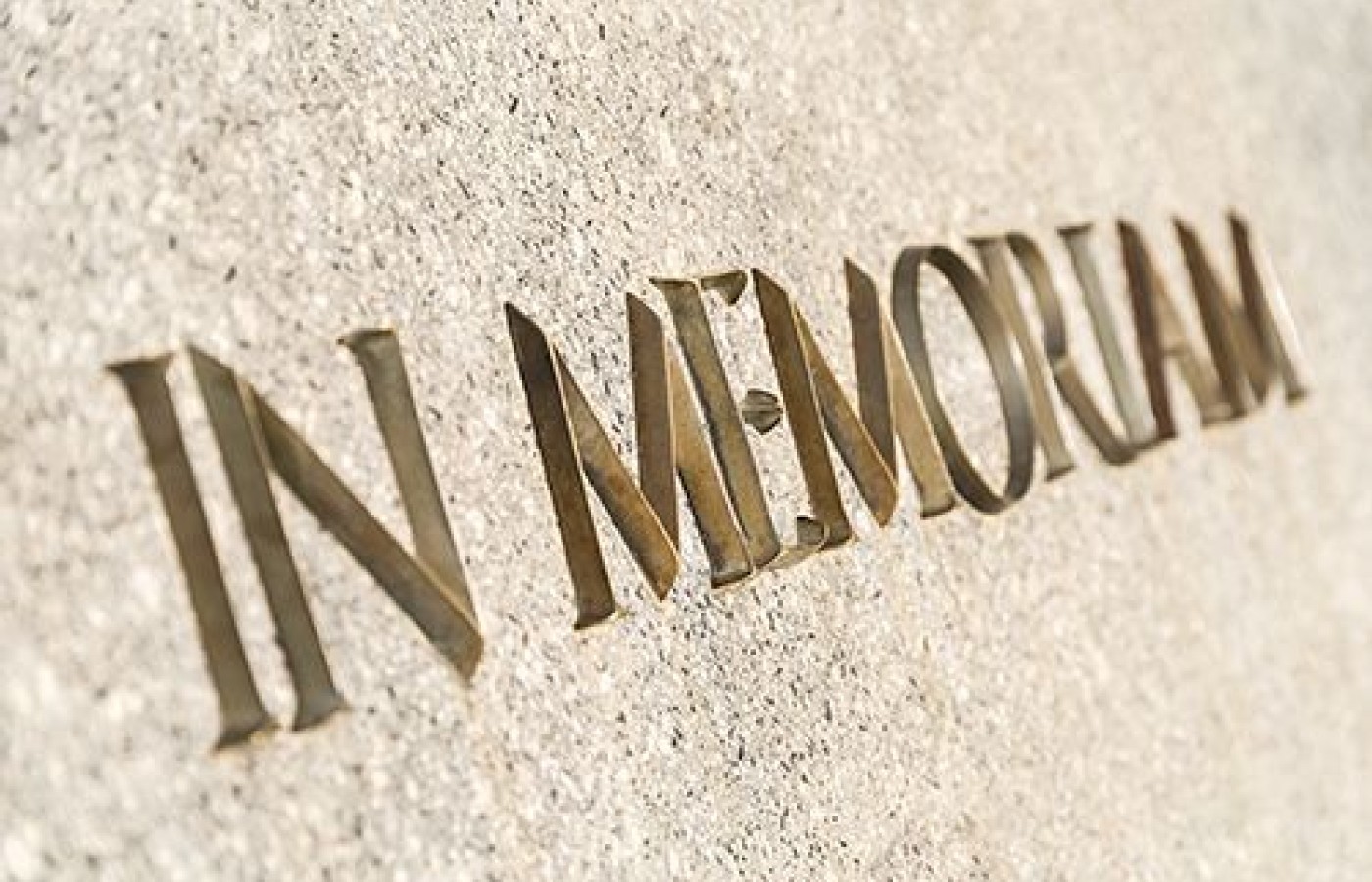It’s a new year and many chiropractors are evaluating what will enhance their respective practices, particularly as it relates to their bottom line. One of the most common questions I get is: “Do I need to be credentialed to bill insurance, and what are the best plans to join?” It’s a loaded question – but one every DC ponders. Whether you're already in-network or pondering whether to join, here's what you need to know.
The DC Who Took on the AMA – and Won: A Moment of Silence for Dr. Chester Wilk
Editor's Note: The following is excerpted from an upcoming tribute in our July issue by Howard Wolinsky, the Chicago Sun-Times medical writer who covered the historic Wilk, et al., v the AMA, et al., case and authored two books on the subject: The Serpent and the Staff: The Unhealthy Politics of the American Medical Association (1994); and Contain and Eliminate: The AMA's Conspiracy to Destroy Chiropractic (2021).
Chester Wilk, DC, 91, the lead plaintiff in the momentous chiropractic lawsuit Wilk et al., v AMA, et al., died April 21 following a short illness in Advocate Lutheran General Hospital in Park Ridge, Ill., the Chicago suburb where he lived and practiced.
Against all odds and with limited support from within his profession, Dr. Wilk led and ultimately won an antitrust lawsuit that proved the American Medical Association, America's most powerful medical organization, had led a boycott that included a "who's who" of American medicine aimed at wiping out chiropractic as a profession.

The case was decided in 1990 when the U.S. Supreme Court upheld the decision by a lower federal court that found the AMA broke federal law by running a secret group, known as the Committee on Quackery, that participated in a conspiracy to stop chiropractic's efforts to improve the status of the profession.
In 1987, Judge Susan Getzendanner, in a 101-page opinion against the AMA, imposed an injunction and ordered the AMA to notify all its members that it no longer opposed professional contact on behalf of patients between MDs and DCs. She also ordered the Journal of the American Medical Association, its flagship publication, to publish her order so all AMA members would be informed that it was ethical to consult with DCs; that they could teach in DC colleges; that they could work with DCs in practices; and that the AMA should end all anticompetitive practices.
Dr. Wilk first suspected the conspiracy while practicing in Chicago, where he found he was blocked from access to medical facilities and diagnostics, such as X-ray machines financed by the U.S. government. He also found that MDs would not accept referrals or consultations.
As a public speaker on chiropractic and its benefits, he traveled across the U.S. and heard many stories about similar cases of discrimination. He suspected the AMA had organized a secret boycott against chiropractic and came to the conclusion that an antitrust lawsuit should be brought against the AMA and other leading MD groups.
Editor's Note: Howard's July feature article honoring Dr. Wilk includes greater detail on the Wilk v AMA case and thoughts from chiropractic leaders on Dr. Wilk and the importance of the successful lawsuit brought against the AMA in chiropractic's history.



